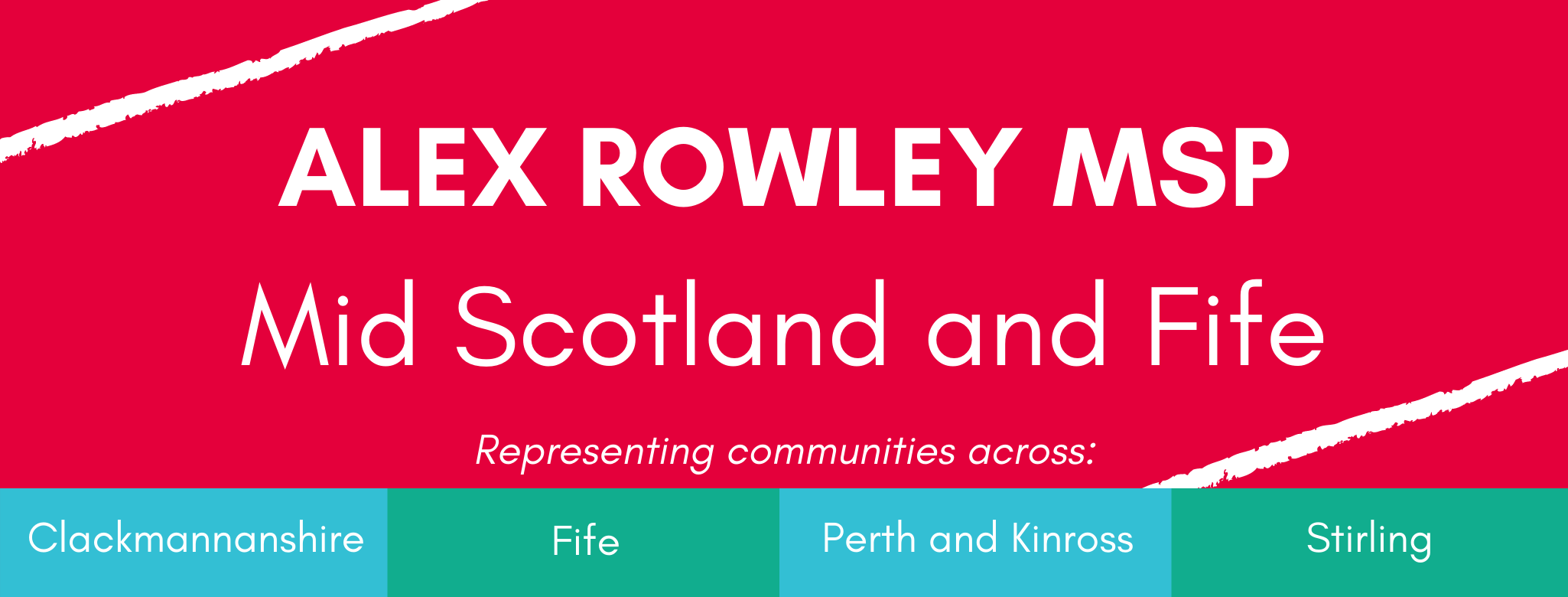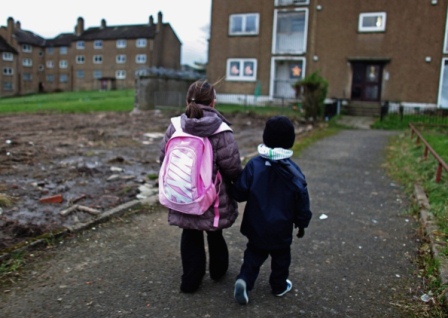In recent weeks I have spoken in a number of debates that focussed on the economy and finance. I have used these debates to set out my view that we need a more strategic approach to tackling inequality and poverty in Scotland. When I spoke in the budget debate a few weeks ago I said I would vote against the budget on the grounds that it once again failed to connect finance to a policy agenda that put tackling inequality and poverty at the heart of all levels of government.
For me an anti poverty strategy would set out clear and measurable outcomes and would require every part of government to work in a partnership so Scottish, UK and local governments working together with powers being used at the most appropriate level and working with the third sector, business and industry and at the core of it all local communities. With the new powers coming to the Scottish Parliament and hopefully substantial powers going to local government now is the time for a serious assault on inequality and poverty.
I intend to remain very focussed on pushing this agenda as I have become quite cynical at the amount of rhetoric flying about from political parties around inequality with little evidence of any real strategy to tackle it and whilst there would be many strands to such a strategy such as education, income, skills, jobs, housing and transport to name but a few, it is doable and for me I believe we could eradicate poverty within a generation if there is the political determination and courage to do so.
Poverty does not just impact on the poor although they will bear the brunt but a fairer and more equal society will be a more successful society for everyone. For example, Health Scotland has said that increasing the minimum wage to £7.20 per hour is estimated to result in 77,000 years of life gained and prevent 56,000 hospitalisations among the Scottish population over the ten year period. Low income is associated with poorer mental health for adults in work in Scotland. There is clear evidence to show a link between increased financial resources and improved adult mental health with the greatest impact on low income groups. But the biggest impact of poverty is on children. Childhood poverty is associated with poorer social emotional and educational development in childhood which continues as these children reach adulthood.
So in the area of work an anti poverty strategy would focus on a proactive approach to increase the levels of wages for people on low pay. I was pleased when as council leader I brought forward a budget that introduced the ‘Living Wage’ for the lowest paid workers in Fife Council although I reflected this week that in the care sector of Fife Council workers are rightly paid in most cases well above the living wage and yet in the private sector where 70% of all care workers are employed, the majority will earn no more than the minimum wage. Whilst 400,000 workers in Scotland would benefit from the living wage and that must be our goal, right now through the procurement processes government could and should get the living wage into the social care sector, a view I put to ministers last week when speaking in a debate on low pay.
We must be ambitious for all people to have jobs and a decent pay and this must be a clear part of a government anti poverty strategy that is desperately needed in Scotland and this is what I am fighting for.






